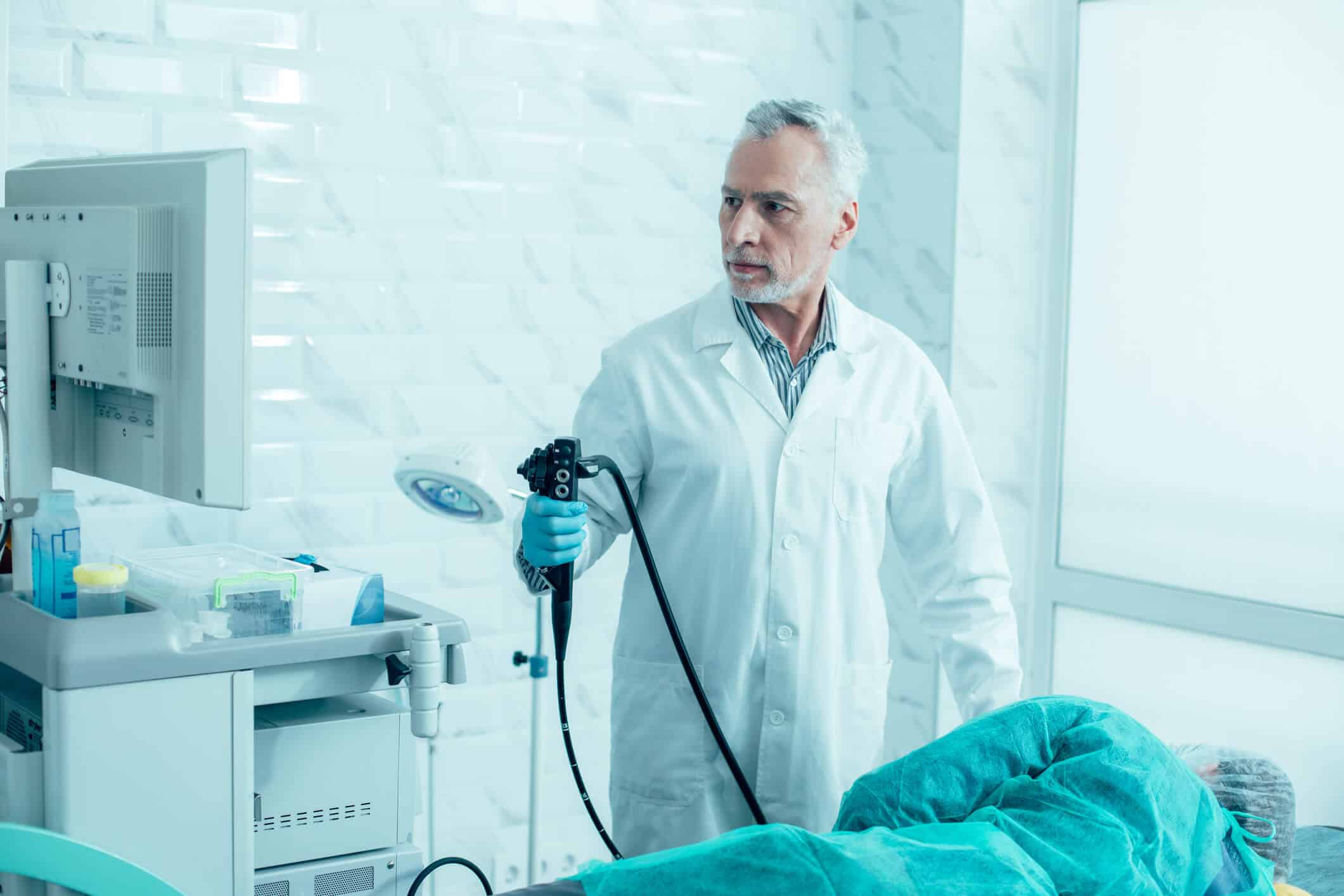
8 Myths About Colorectal Cancer and Colonoscopy Screening
Take a look at these common myths about colorectal cancer—commonly referred to as colon cancer. Have you ever fallen for these myths? The truth is—the more you know about colon cancer—the more at ease you can be about living your life. A colonoscopy screening could be the first step in finding out about the health of your colon.
Don’t let myths and fears stop you from taking charge of your health. Let’s bust some myths about colorectal cancer. Our intention is to share some ideas about how colon cancer testing can give you more peace of mind.
Myth: Only older adults get colon cancer
Fact: While age is a significant risk factor for colon cancer, it can affect people of any age.
Colorectal cancer in young adults, including those in their 20s and 30s, can develop, although it’s less common. Colonoscopy screening recommendations typically start at age 45—or earlier if there’s a family history or other risk factors.
Myth: Colon cancer only affects men
Fact: Colon cancer affects both men and women. While men may have a slightly higher risk, women are also susceptible to the disease, according to recent findings from the American Cancer Society. It’s essential for everyone, regardless of gender, to be aware of the risk factors and symptoms of colon cancer.
Myth: If I don’t have symptoms, I don’t have colon cancer
Fact: Colon cancer often doesn’t cause symptoms in its early stages. Screening tests such as colonoscopies can detect precancerous polyps in the colon or early-stage cancer before symptoms develop. By the time symptoms like changes in bowel habits, rectal bleeding, or abdominal discomfort occur, the cancer may be more advanced. It’s crucial to be aware of any symptoms and report them to your doctor promptly.
Myth: Colon cancer is always fatal
Fact: Colon cancer is highly treatable, especially when detected early. This is why colon cancer screenings are so important. The survival rate for colon cancer has improved significantly over the years due to advancements in screening, diagnosis and treatment. Many people with colon cancer go on to live long, healthy lives after treatment.
Myth: I don’t need to worry about colon cancer testing if it doesn’t run in my family
Fact: While a family history of colon cancer or certain genetic conditions can increase your risk, a significant number of colon cancer cases occur in people with no family history. Colon cancer testing can help rule out whether you’re at risk. Lifestyle factors such as diet, exercise, smoking, and alcohol consumption may also play a role in determining risk factors.
Myth: If I have no symptoms after a colonoscopy, I don’t need to worry about colon cancer
Fact: A colonoscopy can detect and remove precancerous polyps in the colon, which may help reduce your risk of developing colon cancer. However, it’s essential to continue regular screenings as recommended by your healthcare provider, as new colon polyps can develop over time.
Myth: The Colonoscopy Prep – It Sounds Unbearable
Fact: Let’s set the record straight. While prepping for a colonoscopy may not be a walk in the park, it’s far from unbearable. Advances in prep solutions and protocols have made it more tolerable compared to methods used in previous years. From improved taste to easier regimens, this is why we can remove any fears surrounding the prep process.
Myth: Colonoscopies are painful, embarrassing, and invasive, so I don’t need to get one
Fact: While colonoscopies may seem intimidating, advancements in sedation and techniques have made the procedure much more comfortable for patients. The benefits of early detection far outweigh any temporary discomfort. Don’t let fear or misconceptions prevent you from taking a proactive step towards colon health.
By dispelling these myths and raising awareness about colon cancer risks, colonoscopy screening guidelines, and early detection, individuals can feel better about protecting their health and reducing their risk of developing this potentially life-threatening disease.
Making the appointment for a colorectal screening is your first step.
![]() Call us at 303.604.5000 and schedule your colonoscopy screening today.
Call us at 303.604.5000 and schedule your colonoscopy screening today.
